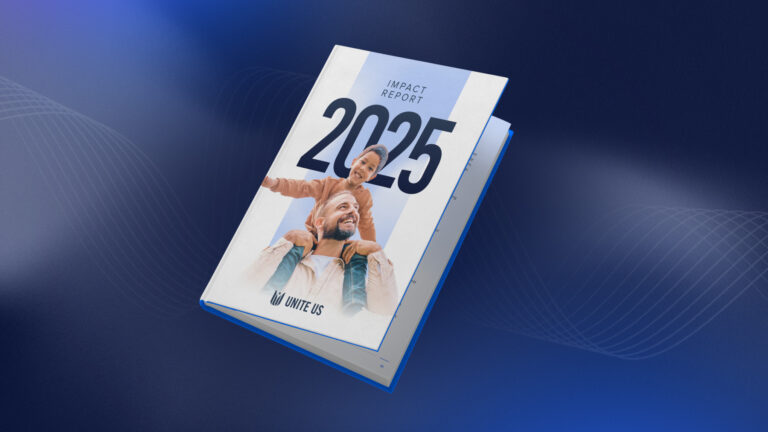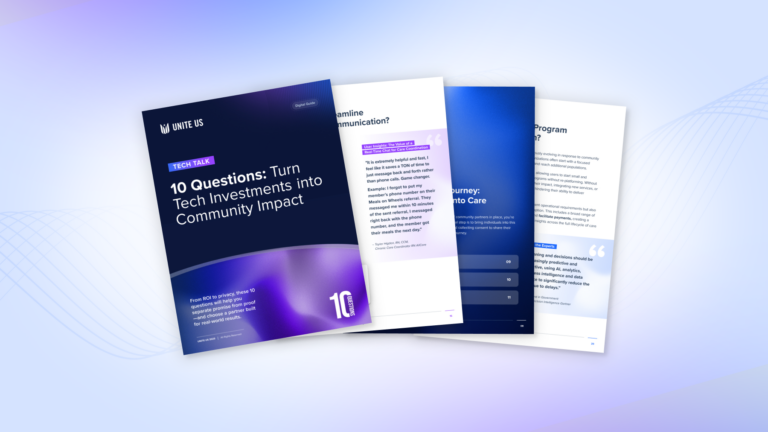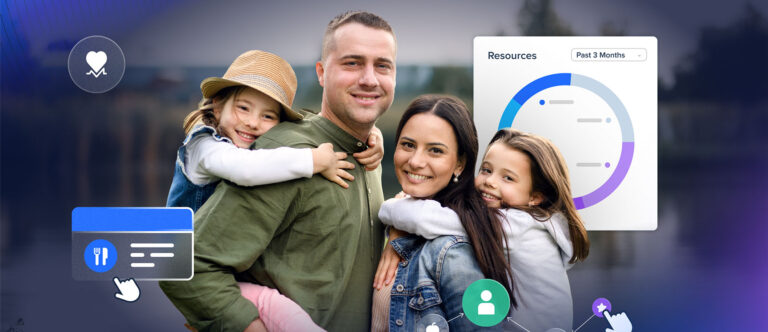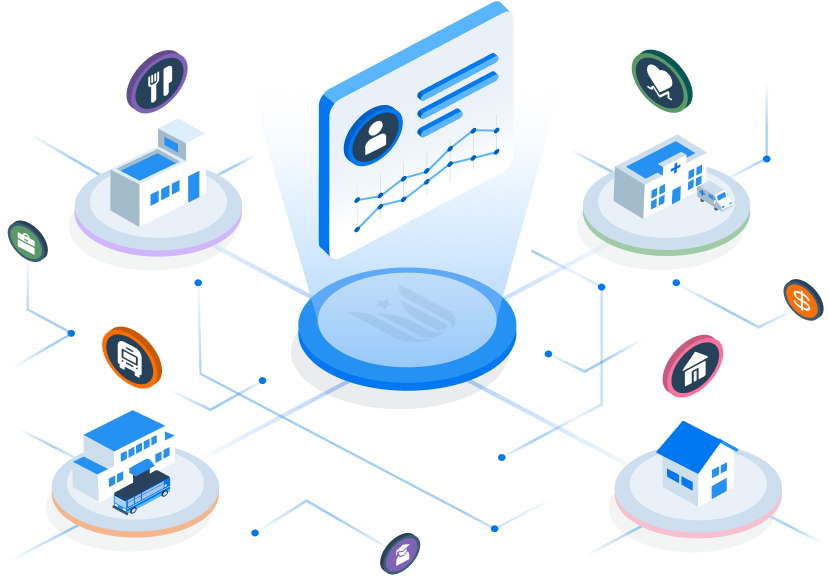Payments Data & Exchange Standards: Gravity Project Discovery Findings
Executive Summary
Beginning in February 2024, the Gravity Project convened more than 20 cross-sector stakeholders to complete a six-week discovery project regarding social care payments data and exchange standards. The project sought to understand and define the existing landscape for community-based organization (CBO) reimbursement and identify the components of the CBO reimbursement process that would benefit from national standards to be developed by the Gravity Project.
All Gravity Project member organizations were invited to participate in the Discovery Committee, which included leaders from the healthcare, social services, and technology sectors. In order to provide ample representation for and capture the perspective of CBOs in states with existing CBO reimbursement programs, additional CBOs representing such states were invited to participate. Over six weeks, the Discovery Committee discussed funding types, activities, actors, existing resources, and gaps in the CBO reimbursement process. This report contains a summary of those discussions and the recommendations the Committee makes based on its discovery.
The recommendations in this report focus on the reimbursement framework for health-related social needs (HRSN) services under Medicaid. While CBOs receive funding from multiple sources—ranging from governmental allocations to philanthropic grants to healthcare reimbursements—the success of any effort to standardize payments data depends on industry readiness. The Discovery Committee unanimously agreed that the Medicaid HRSN reimbursement framework is a prime candidate for immediate standardization. Just last year, the Centers for Medicare & Medicaid Services (CMS) issued guidance alongside the White House’s Social Determinants of Health (SDOH) Playbook, outlining fifteen specified HRSN services eligible for investment through a variety of Medicaid authorities, including state plan authorities, Section 1915 waivers, managed care in lieu of services and settings (ILOSs) and Section 1115 demonstrations. These waivers and initiatives are operational or in development across a large number of states, significantly impacting both CBOs and Medicaid beneficiaries. The best opportunity for a national standard is where requirements and activities have the most alignment. Consequently, this report’s recommendations focus initially on standardizing HRSN service reimbursement within Medicaid, with subsequent extension to other funding streams. While other funding sources may follow the same or a similar set of activities, these are out of scope at this point in time.
The Discovery Committee reviewed the following activities that are commonly implemented within the context of Medicaid HRSN service reimbursement: eligibility verification, enrollment, authorization, service documentation, and claim submission/remittance. This report represents a landscape analysis of these activities at present, and contains an in-depth review of each activity, its associated actors, existing resources, and pain points, along with several recommendations based on this discussion.
At the end of the discovery phase, the Committee identified several activities to prioritize in the initial phase of standardization: enrollment, service documentation, and claim submission/remittance. This recommendation is driven by the significant administrative burden and challenges faced by CBOs in meeting diverse payer requirements and data formats. Addressing these foundational activities is critical, as they directly impact program enrollment to ensure that Medicaid members can access the new benefits for which they are eligible, as well as the timely reimbursement of CBOs, ensuring their continued ability to participate in HRSN reimbursement programs.
About Unite Us
Unite Us is the nation’s leading software company bringing sectors together to improve the health and well-being of communities. We drive the collaboration to identify, deliver, and pay for services that impact whole-person health. Through Unite Us’ national network and software, community-based organizations, government agencies, and healthcare organizations are all connected to better collaborate to meet the needs of the individuals in their communities.





